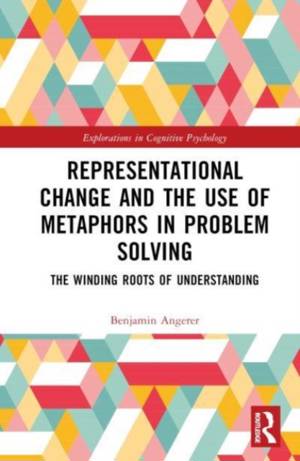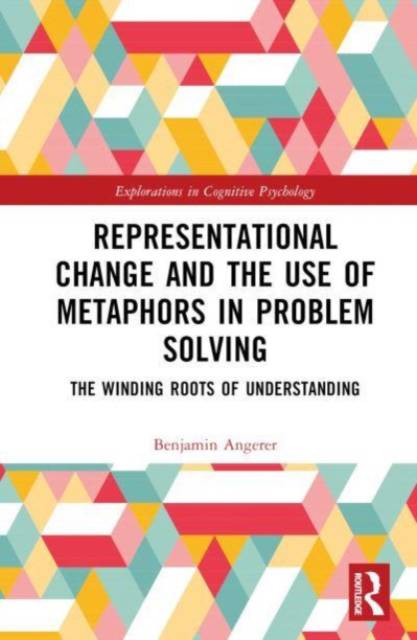
- Afhalen na 1 uur in een winkel met voorraad
- Gratis thuislevering in België vanaf € 30
- Ruim aanbod met 7 miljoen producten
- Afhalen na 1 uur in een winkel met voorraad
- Gratis thuislevering in België vanaf € 30
- Ruim aanbod met 7 miljoen producten
Representational Change and the Use of Metaphors in Problem Solving
The Winding Roots of Understanding
Benjamin AngererOmschrijving
This book addresses a longstanding impasse in problem solving research: if structured mental representations of problems are required for solving them, how do those arise and, if needed, change? The book argues that established theories underestimate this question due to methodological requirements.
Proposing to momentarily suspend these requirements, including the focus on well-defined puzzle tasks, the book suggests to alternatively conduct exploratory studies with more complex, open-ended problems. It presents a qualitative case study of participants working for several days on a mental paper folding task designed to challenge them to construct their own representations. Charting their use of gestures, metaphors, and ever more complex descriptions, it carefully traces the chronology of their thinking. Combining in-depth empirical investigation with theory-building, the book proposes a framework of problem solving that goes beyond established models, accommodating associative, motivational, and affective factors.
This book will be of great interest to researchers, academics, and postgraduate students in the fields of cognitive science, psychology, philosophy of mind and cognition, and cognitive artificial intelligence.
Specificaties
Betrokkenen
- Auteur(s):
- Uitgeverij:
Inhoud
- Aantal bladzijden:
- 216
- Taal:
- Engels
- Reeks:
Eigenschappen
- Productcode (EAN):
- 9781032321363
- Verschijningsdatum:
- 7/07/2023
- Uitvoering:
- Hardcover
- Formaat:
- Genaaid
- Afmetingen:
- 156 mm x 234 mm
- Gewicht:
- 494 g

Alleen bij Standaard Boekhandel
Beoordelingen
We publiceren alleen reviews die voldoen aan de voorwaarden voor reviews. Bekijk onze voorwaarden voor reviews.











